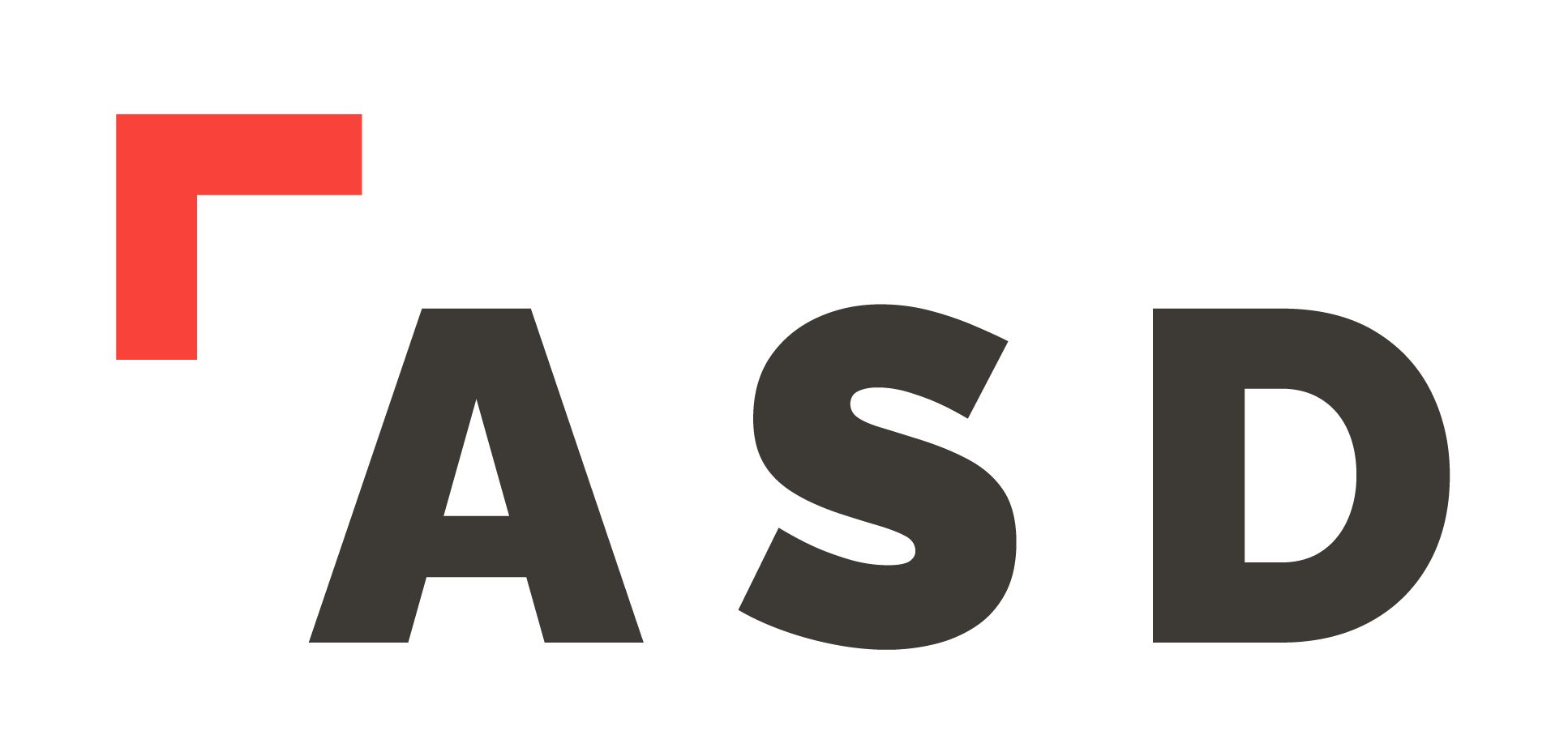The Importance of Metal Quality Testing
Quality testing of critical metal components has never been so important in a world where counterfeit, fraudulent and suspect items (CFSI) in the supply chain pose a real risk for us all. Ensure that you use only reputable and established mills/distributors for your metal requirements and ask for your stainless-steel purchases to be verified using XRF (X-ray fluorescence) scanning equipment, which will confirm the grade of material being supplied.
It is recommended to use only independent and UKAS*-approved laboratories for your destructive and non-destructive testing, to ensure that your metals are tested to the appropriate standard using calibrated equipment operated by SQEP (suitably qualified and experienced personnel).
A good metal supplier should also be able to support you with events such as ‘3.2 intent’ where independent chemical and mechanical testing is required to meet the standards found on the 3.1 Inspection Certificate provided with your material.
Also ask your supplier to provide a continuing professional development (CPD) event for your teams where it can demonstrate the suite of destructive and non-destructive testing available, and educate your people on metallurgy, test certification and methods of testing.
It’s worth noting that:
- 3.1 certification provides chemical and mechanical results carried out by the mill.
- 2.2 certification provides only chemical results carried out by the mill.
- 2.1 certification is essentially a certificate of conformity, so no chemical or mechanical testing are available.
It is against European law to change anything other than the distributer name or the quantity on a 3.1 Inspection Certificate. However, it is recommended not to remove the distributor/purchaser name from a 3.1 Inspection Certificate as this is your trace back to the mill in the event of an issue.
Testing the metals and obtaining the right certifications is an extremely important aspect of nuclear safety. To find out more about other aspects of Nuclear safety click below:
* UKAS is the United Kingdom Accreditation Service.
Part II: Nuclear Safety – CFSI Management
Part III: Nuclear Safety – Cross Contamination Controls
Part V: Nuclear Safety – Integrity
Part VI: Nuclear Safety – Project Management
Part VII: Nuclear Case Study – Supporting Important National Project

